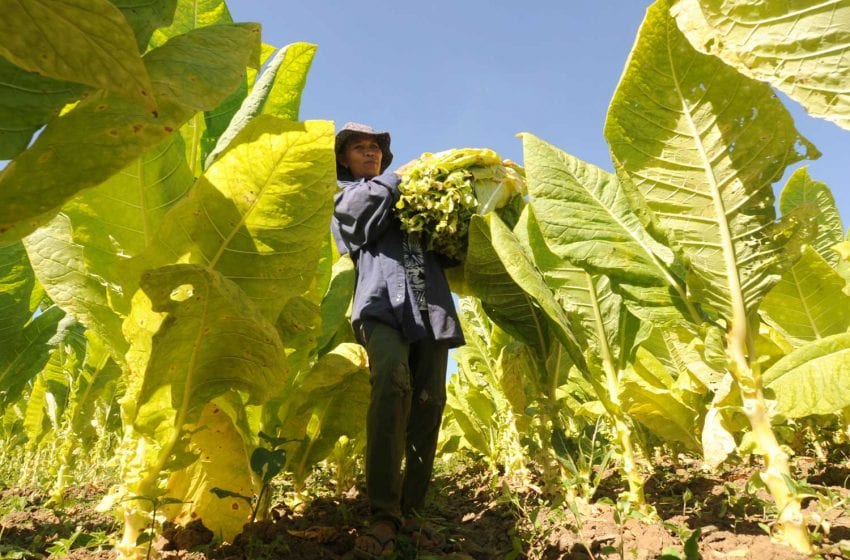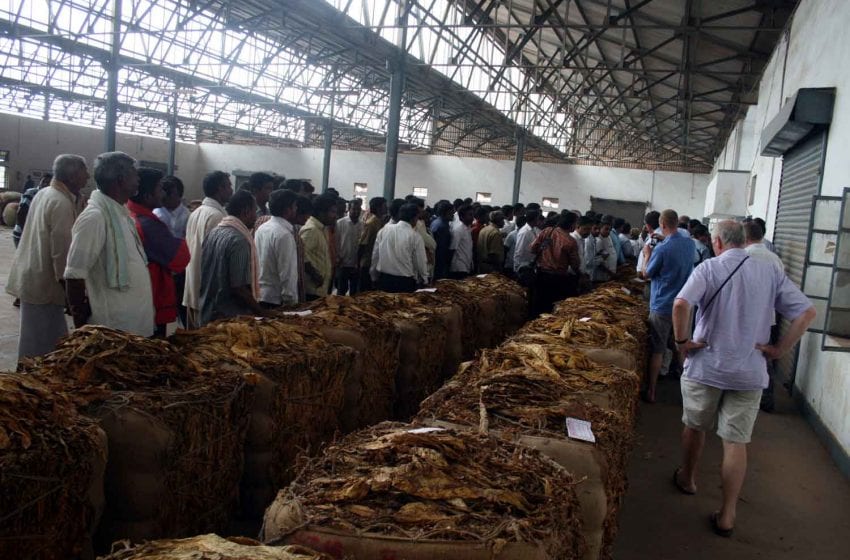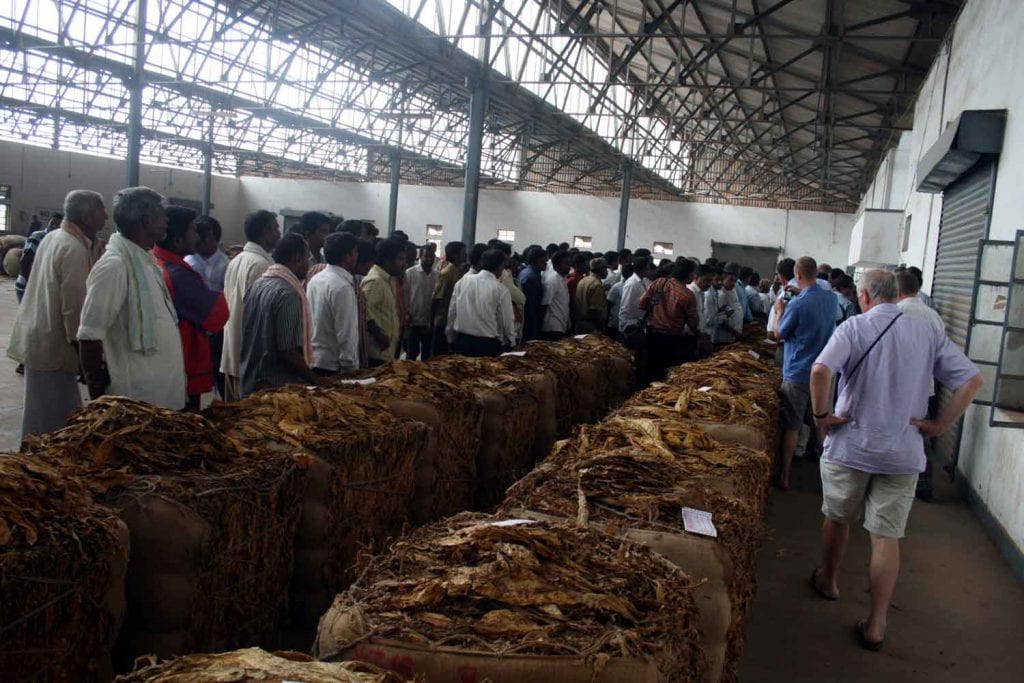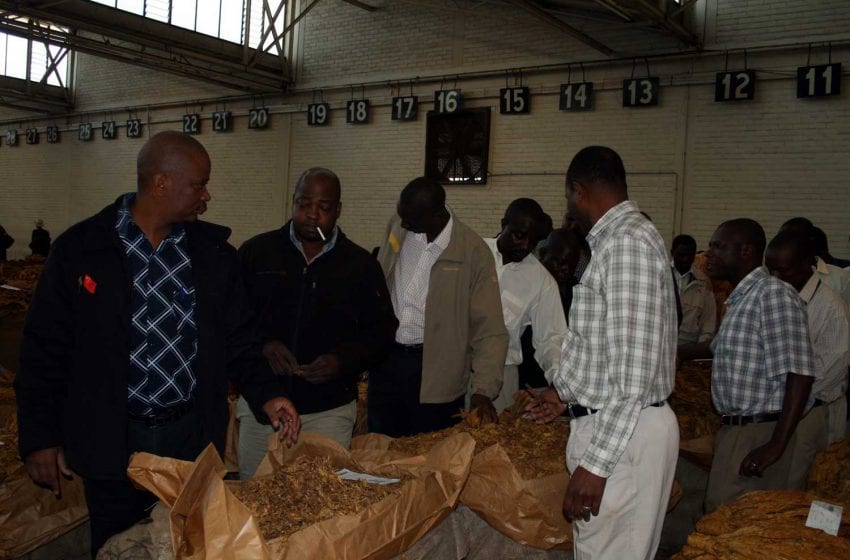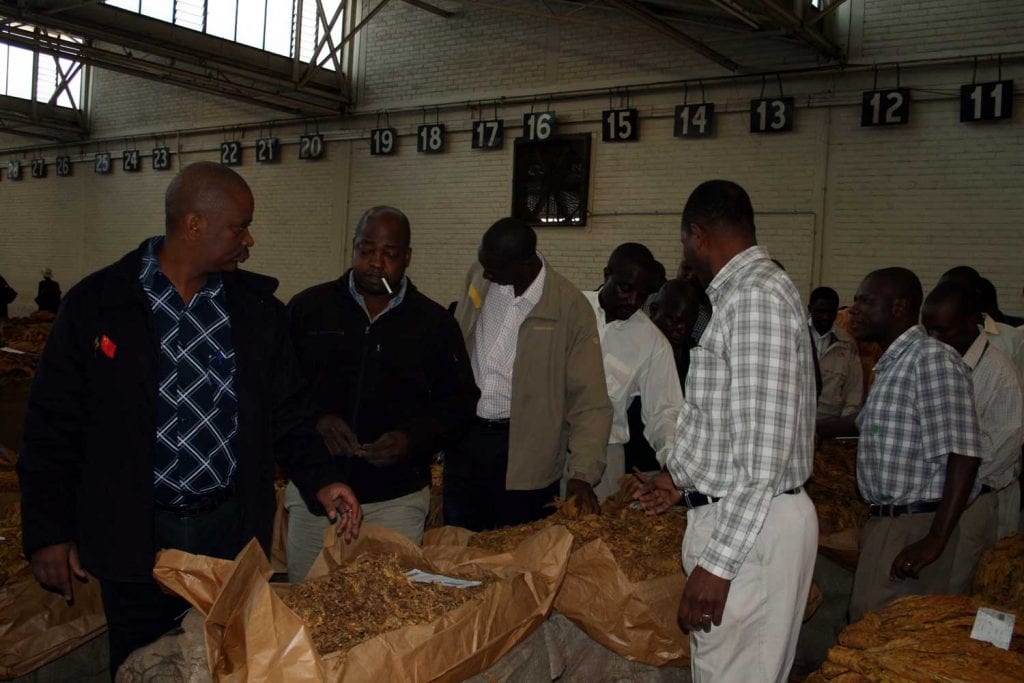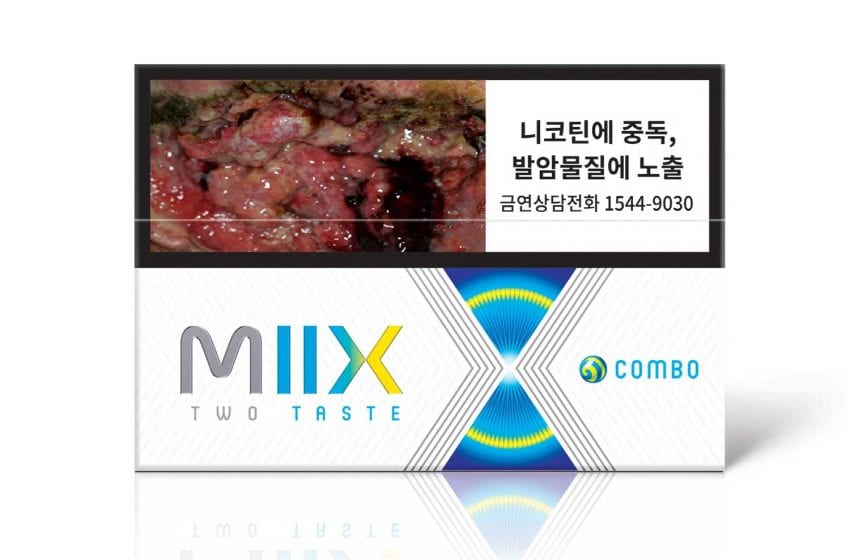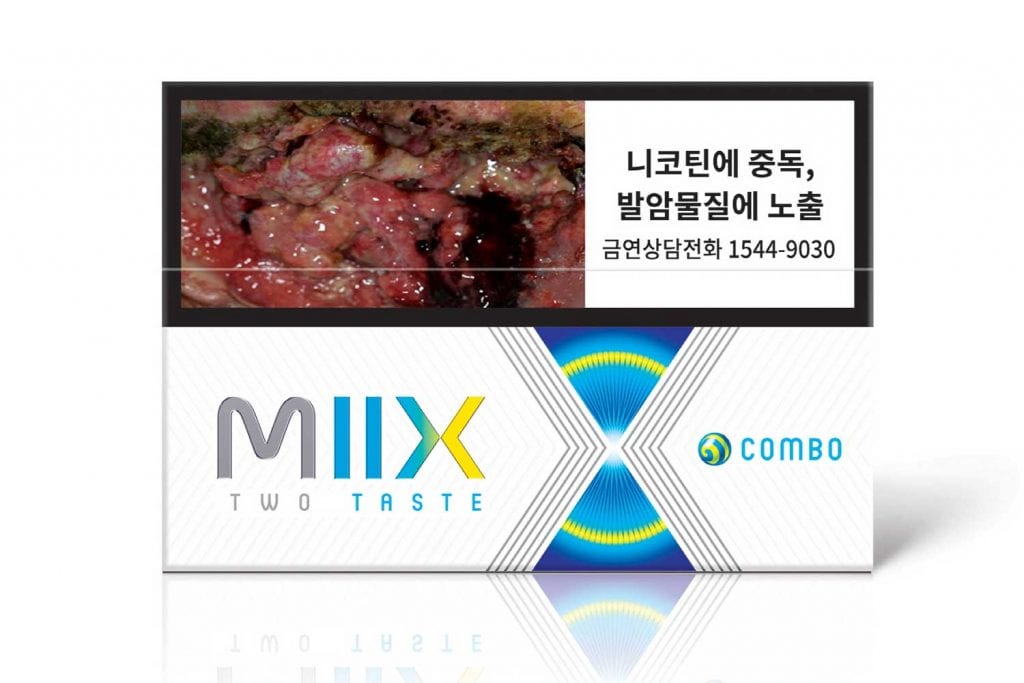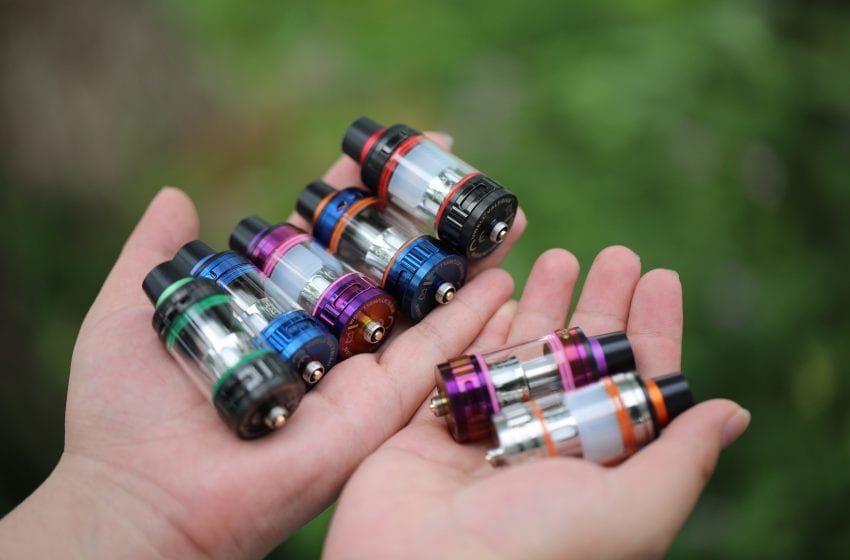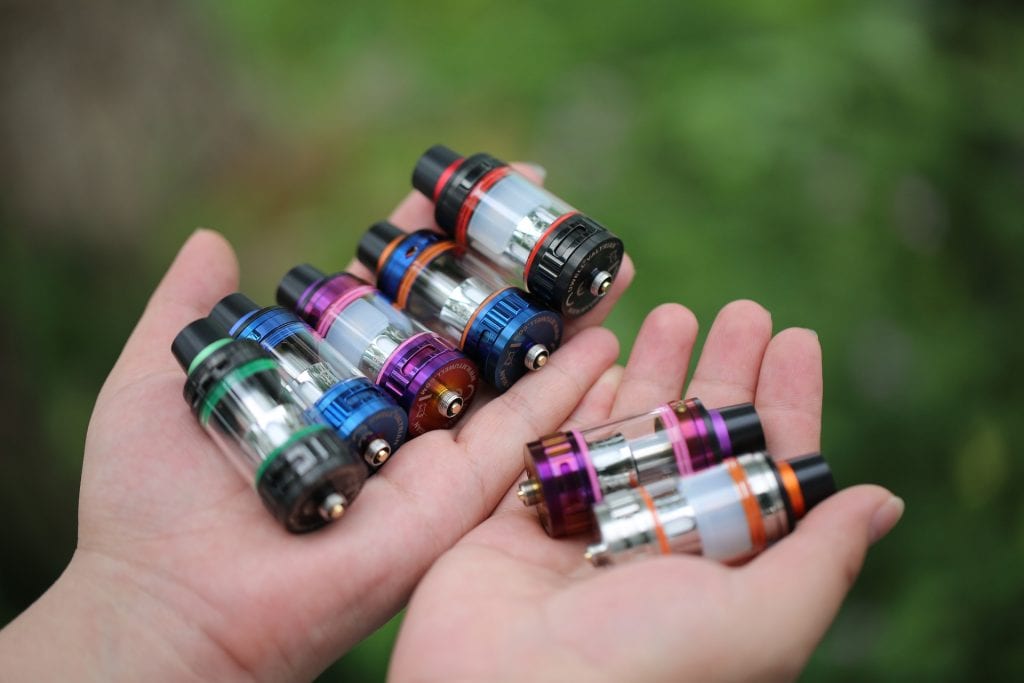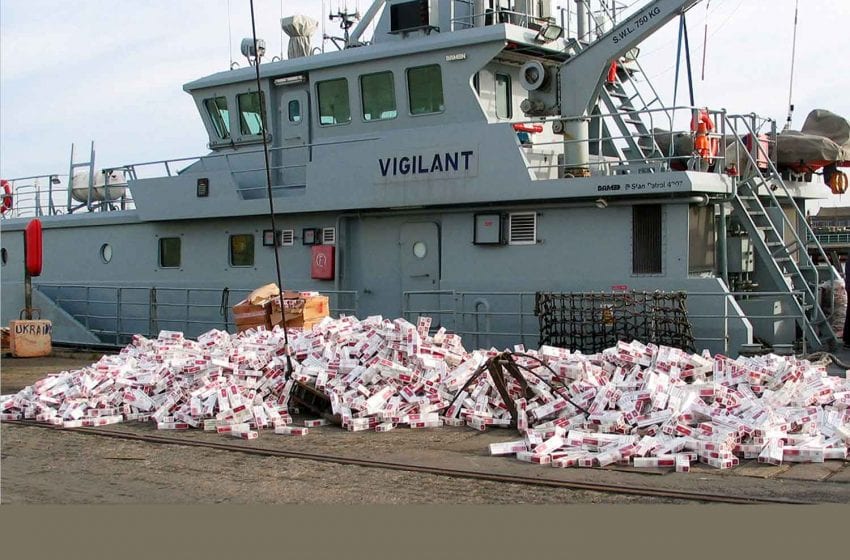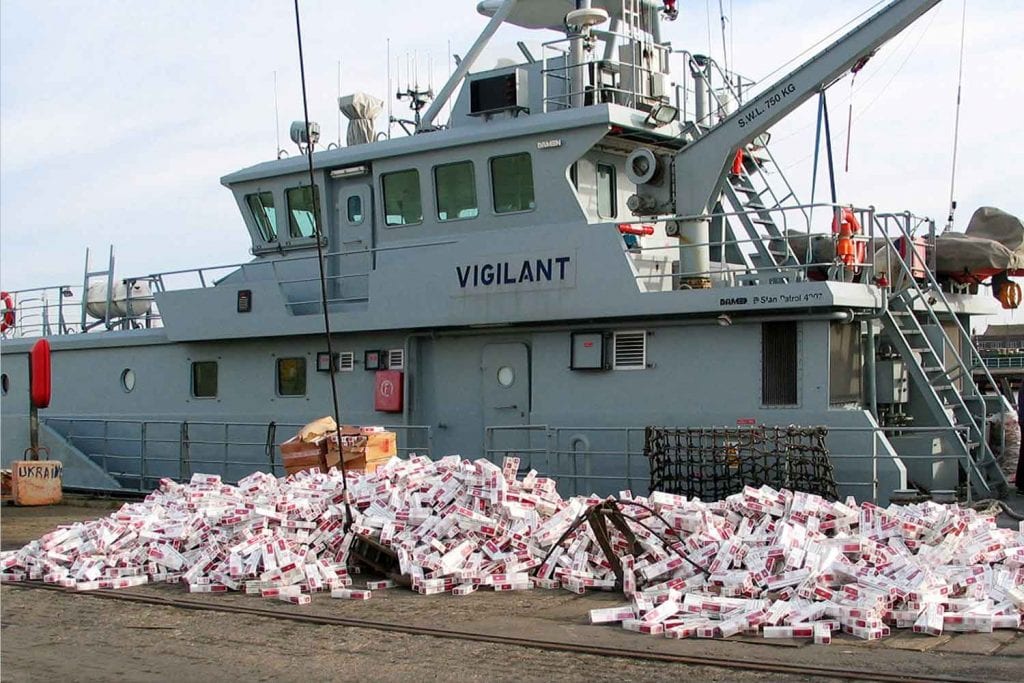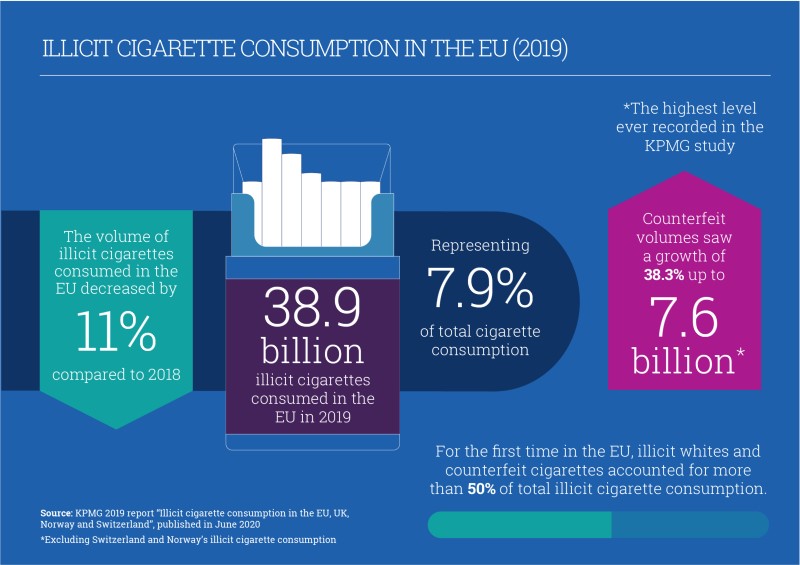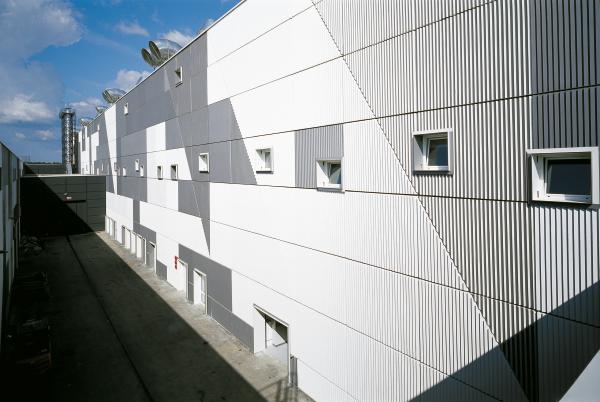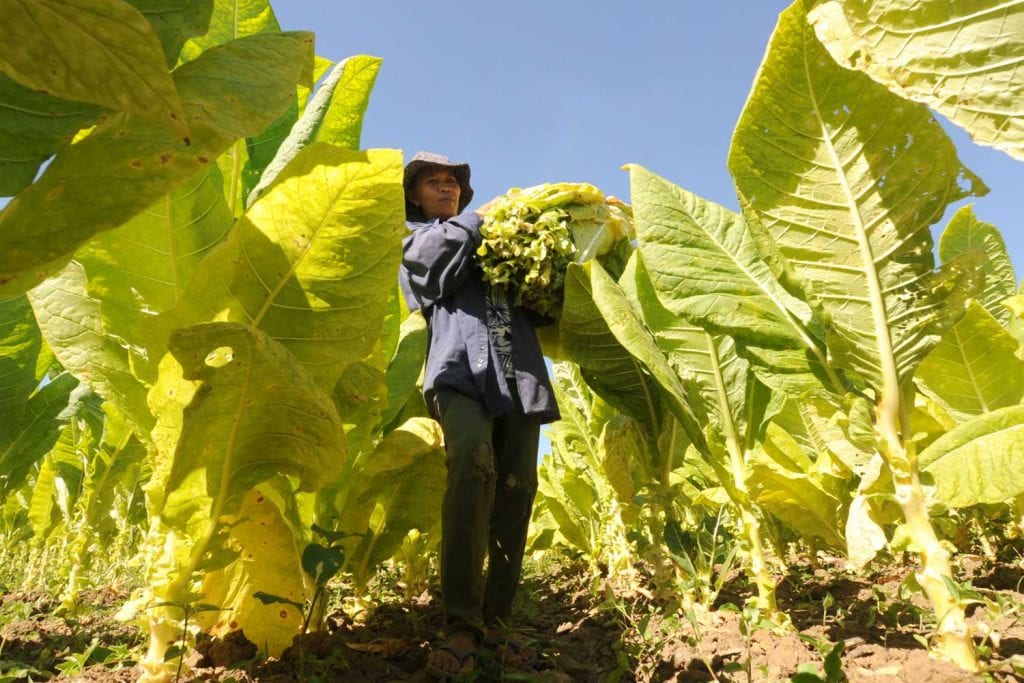
Philippine President Rodrigo Duterte appointed Robert Victor Seares Jr. as administrator and chief executive officer of National Tobacco Administration (NTA) on June 10, reports The Philippine Star.
Seares took his oath before Malabon Regional Trial Court Judge Josie Rodil in a ceremony held at the NTA central office in Quezon City.
Previously the mayor of Abra, Seares Jr. replaces his father, Robert Seares Sr., who died on March 19 this year.
Seares Jr. vowed to continue the programs that his father started as well as protect the welfare of tobacco farmers.
An agency of the Department of Agriculture, the NTA aims to promote the interest of tobacco farmers and other industry stakeholders.

